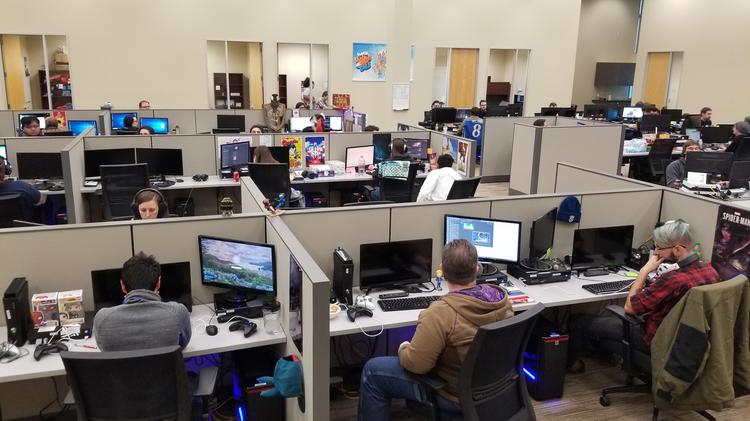Brits urged to act now if they’re still receiving furlough payments

The furlough scheme, first launched in spring 2020, is coming to an end this week (30th September). If you’re a UK worker on full time furlough, it’s essential to make plans now before the payments stop and you either return to work, or potentially face fewer hours or even a risk of redundancy.
What’s more, although lockdown has now eased and many businesses are trading normally again, some employers have been using furlough to ‘top up’ wages, covering for employees who have to self isolate due to track and trace.
If you’re still receiving furlough payments of any kind, even if it’s just a small percentage of your wage packet, these will also stop from next week so it’s essential to plan ahead.
James Andrews, senior personal finance expert at money.co.uk, said: “If you’ve been receiving furlough payments of any kind this month, it’s vital you take a look at your personal finances and work out how the scheme ending is going to affect you.
“It’s also important to remember that while you’ll make more money going back to the day job, you’ll also face higher costs for things like your commute, lunches and other workplace expenses.
“If you think you’re going to face a reduction in income, now is the time to shake up your personal finances and budget wisely, to make sure you’re in the best possible situation for the month ahead.
“Work out when your bills go out each month and record your outgoings on a spreadsheet or even pen and paper. If you find you have more money going out than coming in each month, try switching a few services such as broadband or mobile phone tariff to cheaper alternatives.
“When it comes to everyday household bills, be sure to compare the range of deals offered by different providers and switch to a cheaper tariff. It’s also important to check your bills quite regularly, as some energy providers, albeit rarely, have been known to make mistakes when charging customers.
“Make sure to also cancel direct debits for services you don’t use anymore. A good thing to ask yourself here is whether you actually need both Netflix and Amazon Prime, or that gym membership when you can work out at home.
“Once you have sorted out a sensible budget for yourself, it’s important to keep track of your spending. Apps such as Yolt, Emma, Money Dashboard and Moneyhub are great tools that can help you plan your spending.
“If you’re facing reduced income on your return to work or fear you’re at risk of redundancy, be sure to apply for Job Seeker’s Allowance (JSA) and look into Universal Credit to see if you can apply for support, but note that this support can take weeks to be approved.
“If you’re really struggling and need short term support, you can get independent advice from several specialist services. StepChange is a charity that provides advice and help on budget and debt management. Similarly, Citizens Advice and National Debtline offer free, confidential advice to people facing debt problems in the UK.
“If you are in debt, be sure to organise your payments to ensure the most important are paid off first. This way, you can prioritise bills like mortgage payments or rent that could see you lose your home above unsecured loans such as credit cards.
“If you are dealing with mountains of credit card debt, you may want to move this existing debt to a 0% balance transfer card. Shifting your debt to a 0% card means that you will not be charged any new interest for a set period.
“However, before you do this, it’s important to think carefully about whether you can set a sensible budget for paying off your balance within the 0% period, otherwise you’re only adding to your problems.
“It’s also sensible to use an eligibility checker before applying, to make sure you don’t hurt your credit rating further by applying – then being rejected – for deals that were never suitable in the first place.
“For more information on dealing with debt, check out money.co.uk’s comprehensive guide here: https://www.money.co.uk/guides/dealing-with-debt-where-to-start.htm”




